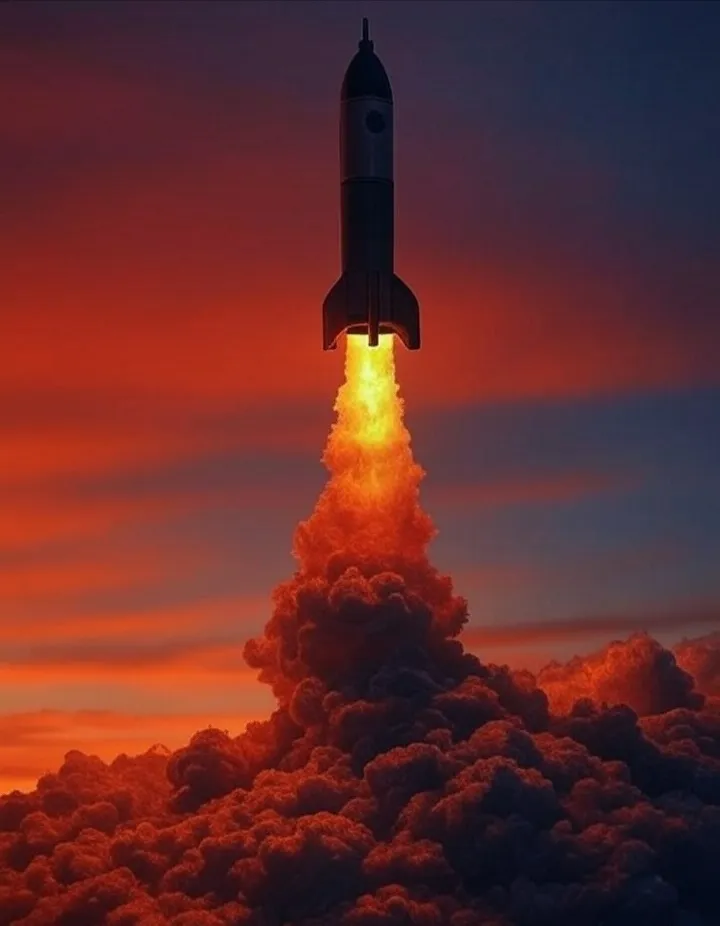
Many people talk about financial independence or freedom and what you must do to get there, but few mention the moment when you can be certain you've covered the hardest part of the journey. Of course, this point, the financial escape velocity, is different for everyone because everyone has different goals. The ideal of wealth is neither linear nor exclusively monetary, as many would have us believe.
As a concept of financial escape velocity, we can generally define the moment when your money starts working harder than you do, or, to put it another way, when the roles are reversed. The point where your job goes from being your main source of income to your side income.
And here I highlight an important detail; at least in my interpretation, your main source of income doesn't necessarily have to be greater than your side income.
It's important to keep in mind that there are forces that can prevent you from reaching escape velocity, so you may never be able to escape the cycle of financial dependence on a job. Therefore, it's important to know what they are and monitor them objectively.
Expenses, debt, unexpected expenses, inflation. These are the aspects you must take into account to minimize the opposing forces.
Spending less than you earn is key to being able to save and then invest. If you live beyond your means, you will be fueling your debt and increasing the pull of gravity that keeps you in the situation you want to escape. Keeping debt under control or being debt-free is undoubtedly a crucial aspect.
Unexpected expenses are the hardest blows anyone can suffer, especially when they are poor or lower-middle class. Therefore, having an emergency fund is vital even before moving to later stages. To calculate the amount, we could add up the main repair costs for our vital items (appliances and tools, car, house, etc.), the average cost of a medical emergency, or at least three months of fixed expenses.
On the other hand, inflation will raise the goal you want to achieve on an ongoing basis. Although this is an aspect that, unless you're in a hyperinflationary scenario, is fairly correctable and predictable.
As for what will give you the necessary boost, it can be summarized as assets (valuables things we own) and investments. Admittedly, most of us start from scratch when it comes to accumulating both.
The most important thing is to aim for interest rates or returns on our investments that are higher than inflation. Treasury bonds are an important and conservative aspect here, as the interest they offer is generally above average inflation. Inflation varies from country to country and from year to year, but governments typically aim for a rate of around 2%. So the simplest thing is to look for returns above 3%.
Depending on the situation and risk, a return below inflation may be the right fit for your interests.
Basic Formula for Financial Escape Velocity
Okay, maybe for you, financial escape velocity means having extra income that gives you peace of mind or funds your vacations or personal projects without having to touch your salary. However, more commonly, means that it covers fixed or basic annual expenses, which is the first step toward financial independence (income that fully covers your lifestyle).
So, let's look at the financial escape velocity formula.
EV = AE/ROI
EV: Escape Velocity
AE: Annual Expenses
ROI: Return on Investment
Example:
- Annual Expenses: 24,000
- Expected ROI: 6%
- EV = 24,000 / 0.06 = 400,000
This means that with an investment of 400,000 and an ROI of 6%, you could cover all your annual expenses (2,000 per month). If you save 2,000 each month, then you'd be able to save that 400,000 in approximately 17 years.
To keep things simple, I'm not taking into account inflation or the accrued interest on the investment in this scenario (because obviously, instead of just saving, we're also going to invest).
To close with Financial Escape Velocity
Financial escape velocity is your passport to financial freedom. The indicator that you've already done the hardest part. It doesn't mean stopping working, but rather having the option to do what you want even if it pays less. It's the ultimate state of Fuck You Money and the previous state of independence of no longer needing to work and maintaining the lifestyle you want. However, it's a path full of sacrifice and difficulties.
Now tell me, have you already reached escape velocity, or are you still on the way?
Image generated by me with Grok AI